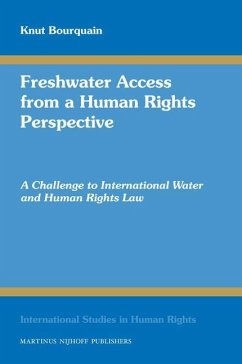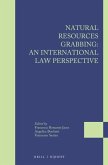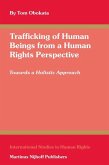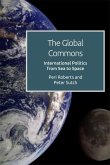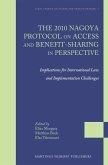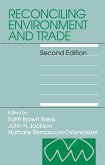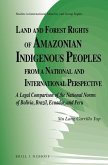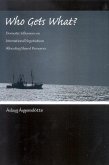Insufficient access to a basic water supply is not an unavoidable consequence of water scarcity. In fact, arid countries possess enough resources to fulfil the basic water needs of their populations and there are people in water rich countries suffering from water stress, too. Thus, insufficient freshwater access mainly can be seen as a problem of allocation and mismanagement. This book comprehensively analyses the appropriateness of a human rights-based approach in safeguarding basic water supplies and determines its legal basis in international law. Arriving at the conclusion that international water law does not adequately consider individual water needs, the study identifies applicable human rights and examines the concrete standard of protection they provide. In view of the deficits of current international water and human rights law, the study discusses concepts deemed to strengthen a human rights-based approach to freshwater access by considering both their formal legal appropriateness as well as their suitability in legal reality.

